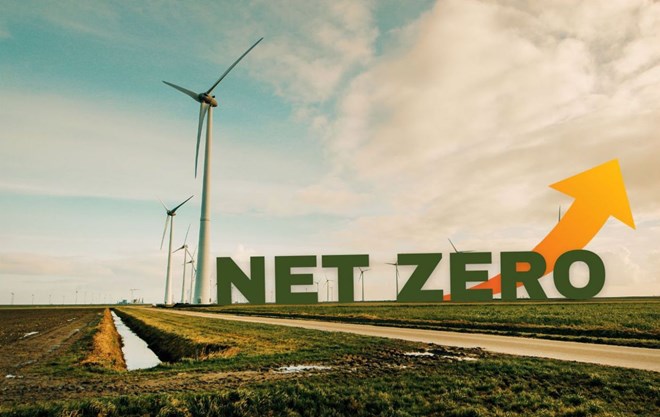
Towards green growth
Currently, green growth is a new approach in economic development of countries around the world. Green growth not only brings economic benefits, but also aims to restore and preserve natural ecosystems. Vietnam is considered a country with great potential for developing green economic sectors that are not resource and labor intensive. In particular, Vietnam has a business community ready to join hands for the goal of green growth.
Recently, large enterprises have begun to join the "game", participating in the implementation of the "zero" emission target to catch up with international requirements on emission reduction. At the same time, they are ready to implement the Vietnamese Government's policy on responding to climate change. In particular, Vingroup - one of the pioneering enterprises making efforts in the green transition process - has determined to accelerate the development of electric vehicles and is steadfast in this choice, even though this is one of the most difficult, resource-intensive and fiercely competitive fields.
In Hanoi, more and more electric vehicles produced by VinFast are appearing, from motorbikes, cars, taxis to buses. The electric bus routes operated by Vinbus are also the first electric bus routes in the region. This demonstrates the determination and determination of Vingroup and VinFast in popularizing electric vehicles to reduce emissions in traffic, contribute to environmental protection, and help Vietnam achieve the Net-Zero goal by 2050. In particular, recently, this enterprise has launched the campaign "Fierce Vietnamese Spirit - For a Green Future", as a strong commitment to accompany the Government in realizing the goal of green growth.
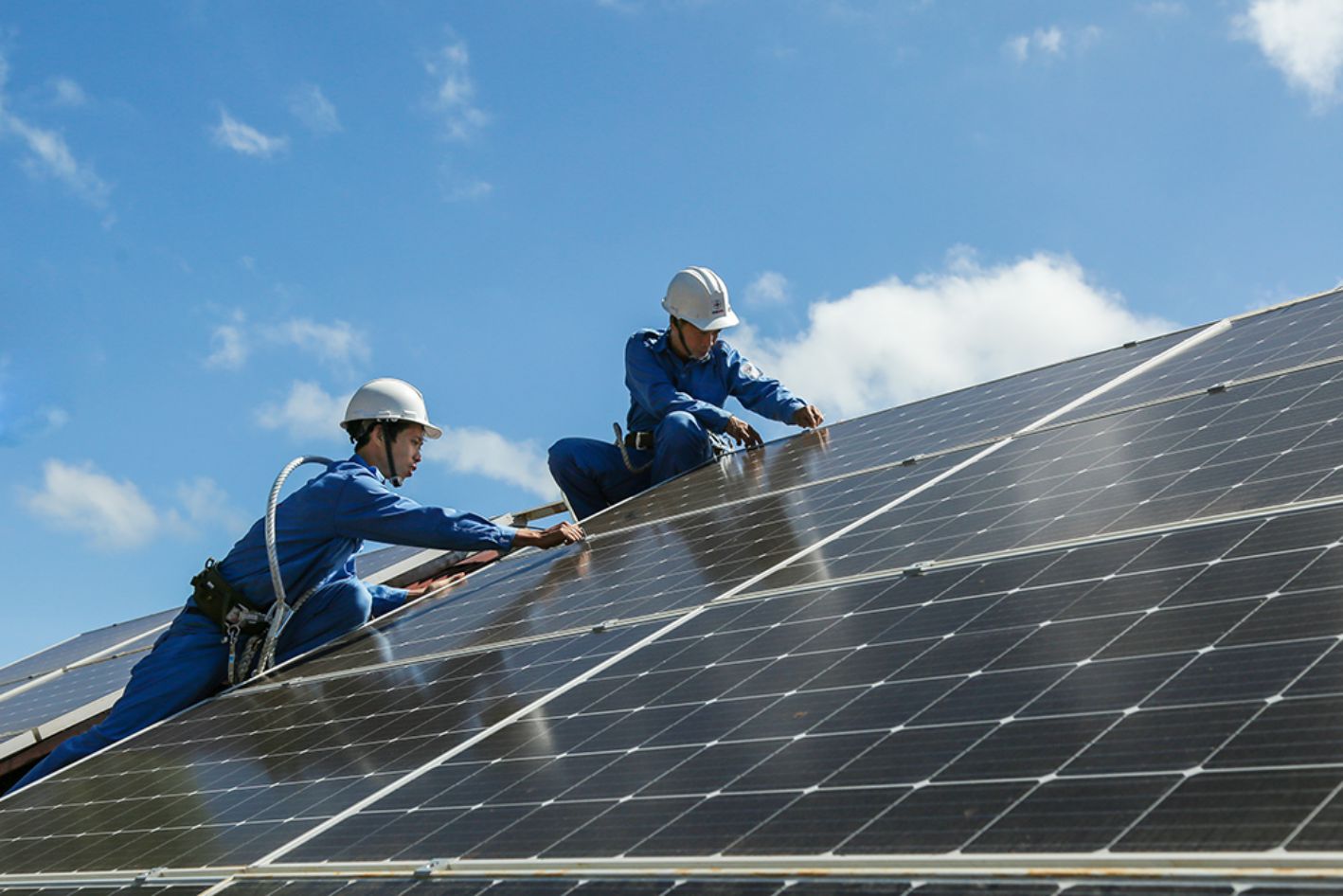
$16.1 billion needed per year for energy transition
According to experts, building a green economy aims at three goals. The first is economic development, which means restructuring economic activities and infrastructure to achieve better results from investments in resources, human resources and finance. The second is environmental protection, which means reducing greenhouse gas emissions, responding to climate change, exploiting and using less natural resources, and creating less waste. The third is the social goal, contributing to hunger eradication and poverty reduction, creating momentum to promote sustainable economic growth and reducing social inequality. Green transformation activities include: Energy transition, green industrial transformation, sustainable agriculture and circular economy.
In recent years, energy system transformation has become urgent in moving towards a sustainable development future. The Vietnamese Government's strong affirmation and commitment at the COP Conferences on the goal of net zero emissions by 2050 and participation in the global announcement on converting coal power to clean energy have clearly demonstrated Vietnam's determination in green transformation, energy transformation, and economic growth model innovation.
In the period from 2017 to 2023, the Government has issued many decisions, plans and action programs on mechanisms to encourage the development of wind power, biomass power, solid waste power and solar power. Thereby, many resources of economic sectors have been mobilized to develop renewable energy. This is an important orientation of Vietnam towards a low-carbon economy and green growth in the coming decades.
According to Mr. Kristoffer Bottzauw - Director General of the Danish Energy Agency, Vietnam has abundant energy resources and green transition will be a growth driver for the economy, ensuring energy security and sustainable development for the whole society. The Vietnam Energy Outlook Report clearly states that the best and most cost-effective option to support Vietnam's sustainable growth is to expand the scale of solar and wind power, as well as electrify the transport and industrial sectors. It is important to accelerate the green energy transition in Vietnam to avoid unnecessary large costs due to the increasing impacts of climate change.
Experts say that the transition to clean energy requires large investments and appropriate technology in the production and storage of renewable energy to ensure a stable energy supply. According to the Vietnam Energy Association, the investment capital demand for the electricity industry in the period 2021 - 2030 is about 134.7 billion USD (equivalent to 13.4 billion USD/year), but in the past 3 years, only about 30 billion USD (8.5 billion USD/year) has been implemented. Thus, in the remaining 6.5 years, up to 105 billion USD (16.1 billion USD/year) must be invested.
In addition to needing large resources, according to Mr. Nguyen Anh Tuan - Vice President of the Vietnam Energy Association, we need to soon complete legal documents to have a legal basis for deploying baseload power sources and renewable energy sources. Issue a Decree on the direct power purchase mechanism (DPPA); a mechanism to encourage self-produced and self-consumed rooftop solar power with the goal of having 50% of office buildings and 50% of houses using self-produced and self-consumed rooftop solar power by 2030. Issue regulations on mobilizing flexible power sources; a framework for purchasing and selling electricity with battery storage systems (BESS) and pumped storage hydropower.
And in the green transformation journey, businesses are the pioneers in the energy transition, reducing greenhouse gas emissions, and playing a key role in successfully implementing the commitment to achieve net zero emissions by 2050. Therefore, policy-making agencies need to develop support mechanisms, with the ultimate goal of promoting businesses in each sector to accelerate the transformation process, for the sustainable development future of their own businesses and the country.
Source: https://laodong.vn/lao-dong-cuoi-tuan/kinh-te-xanh-xu-the-khong-the-dao-nguoc-1364956.ldo


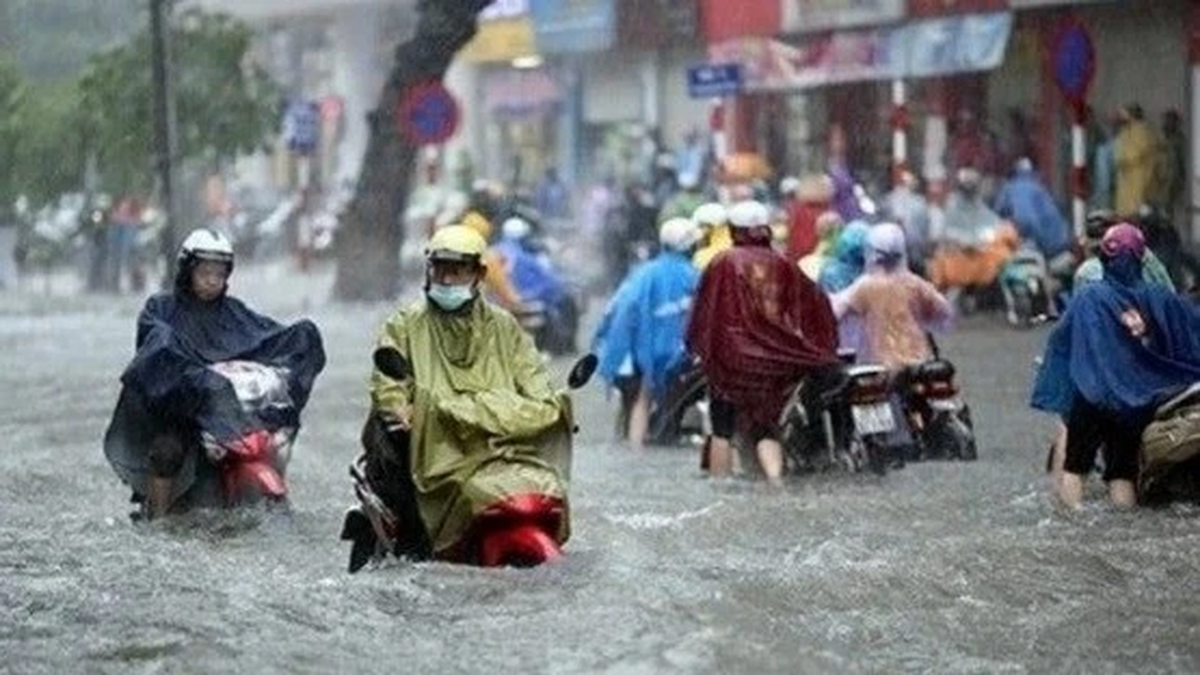

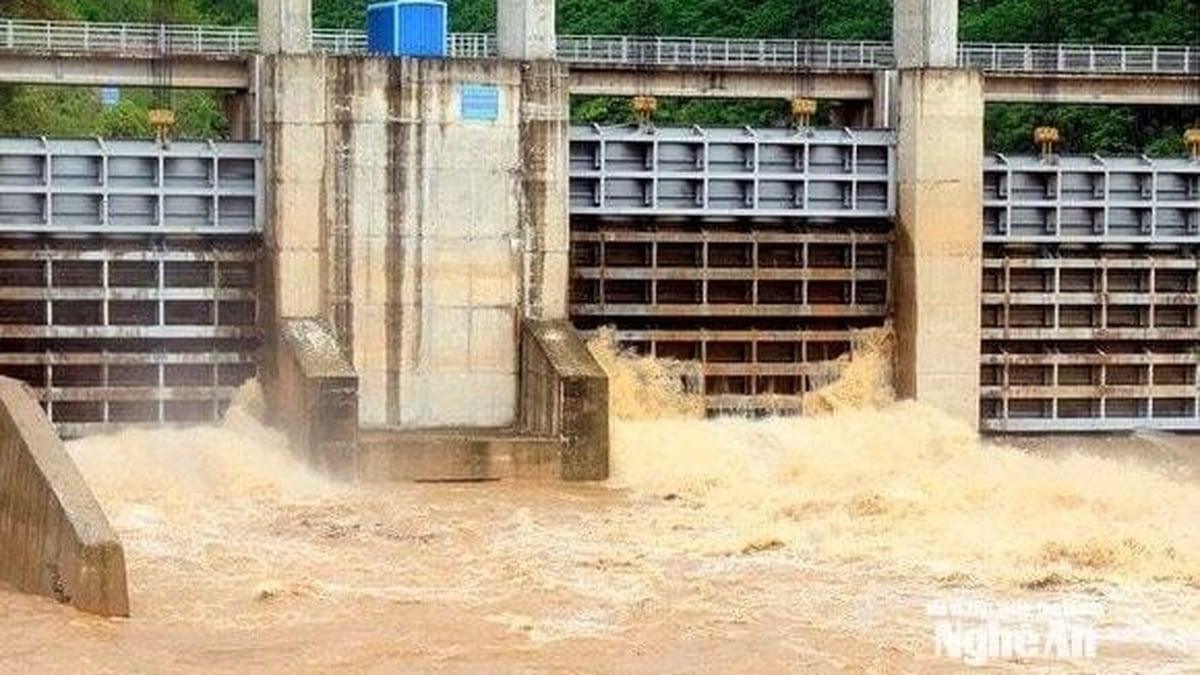

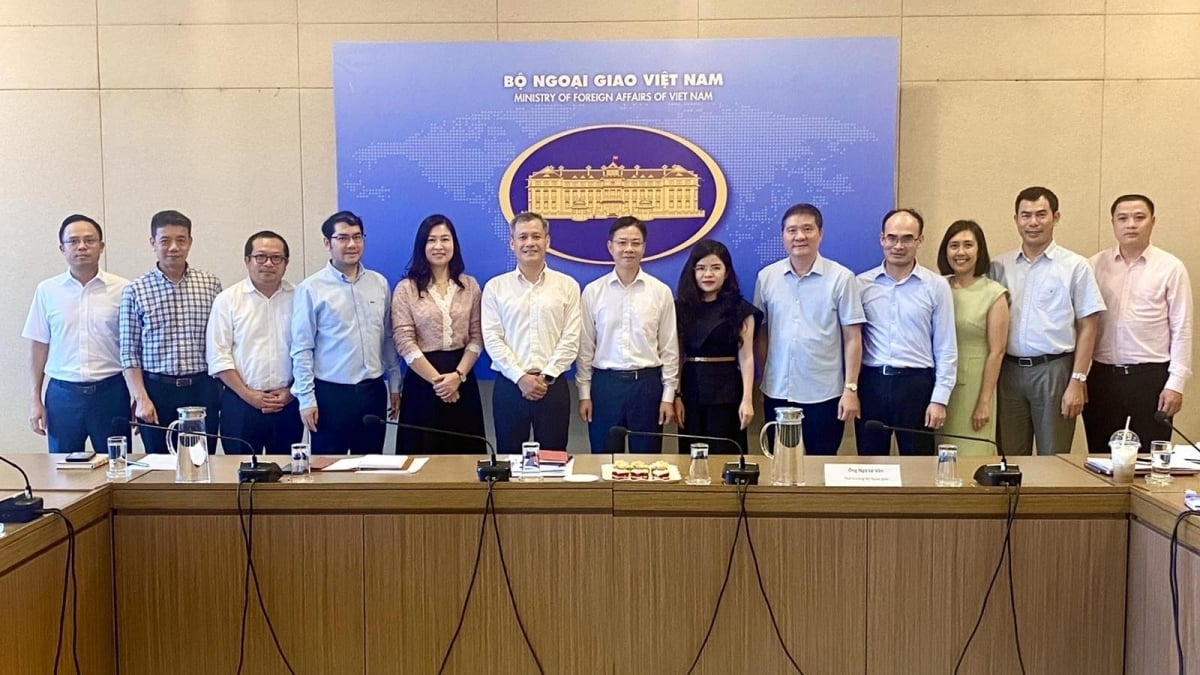
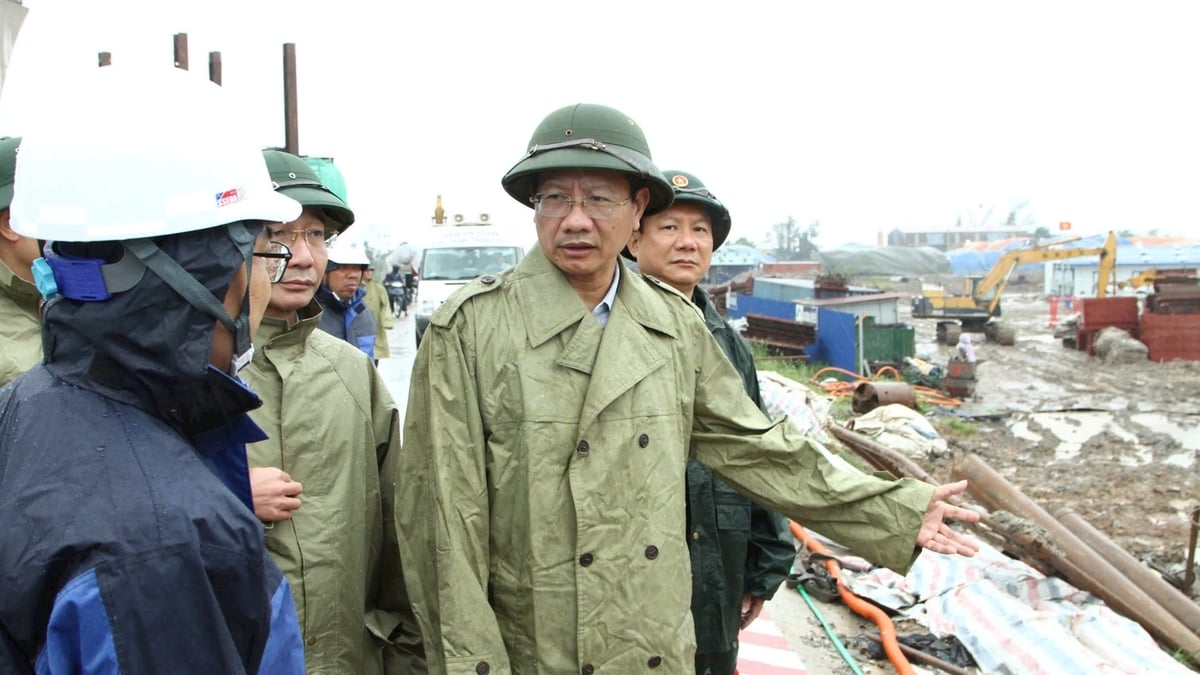
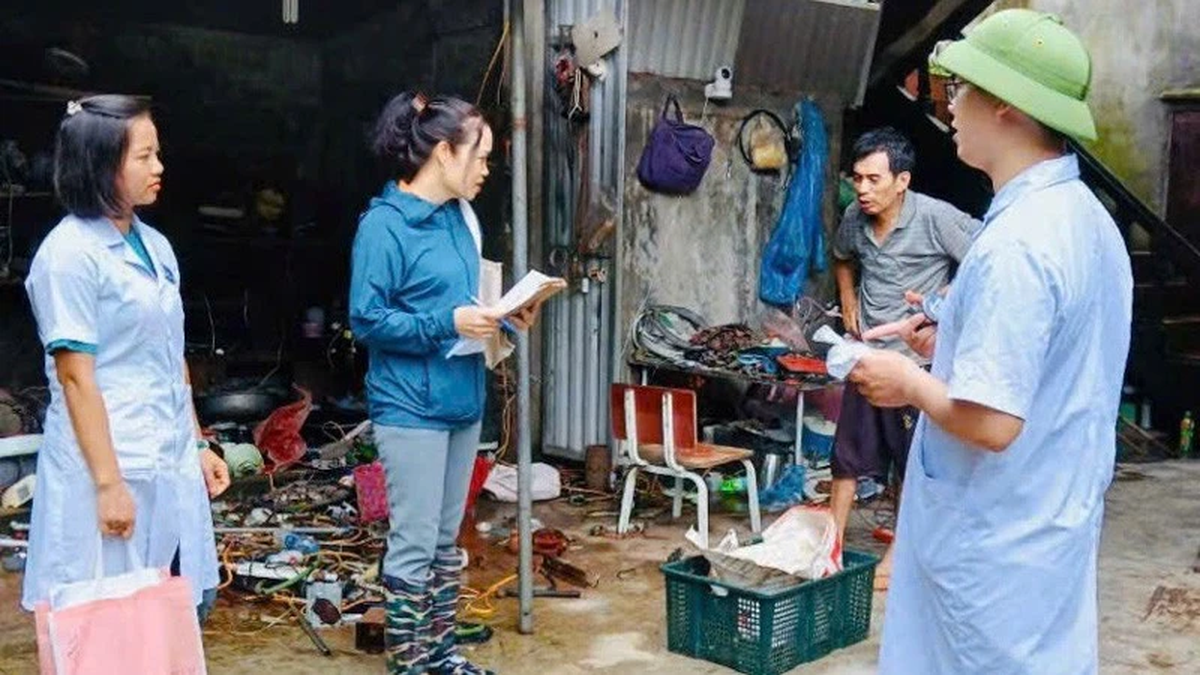
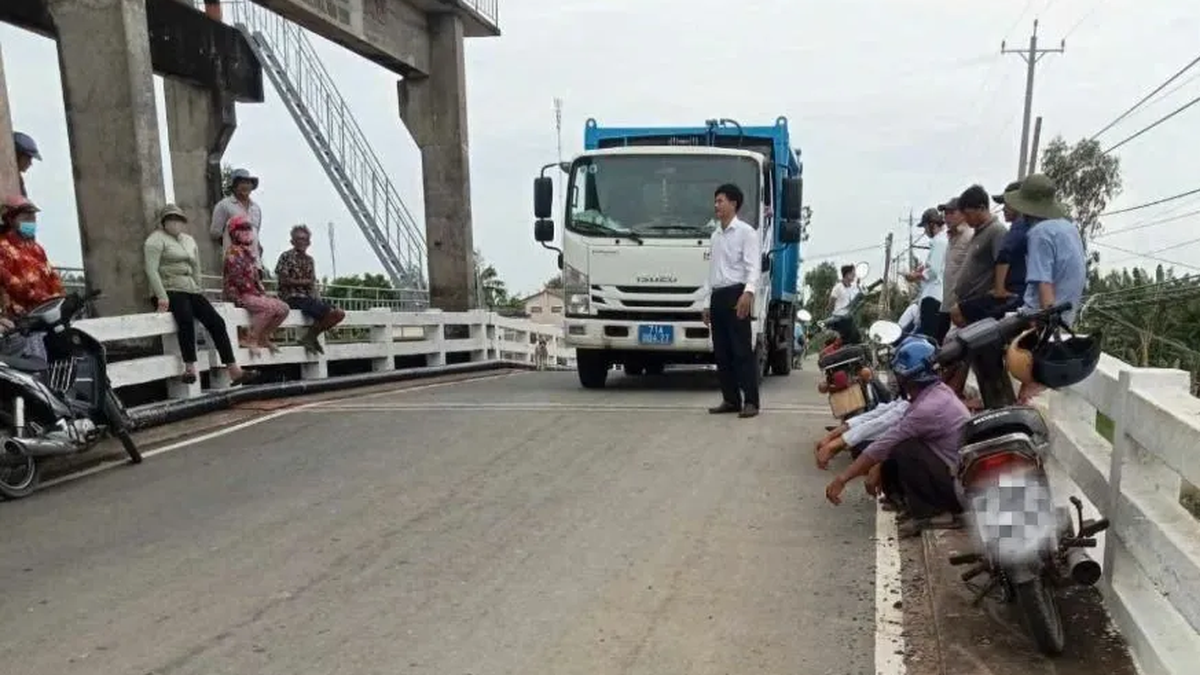
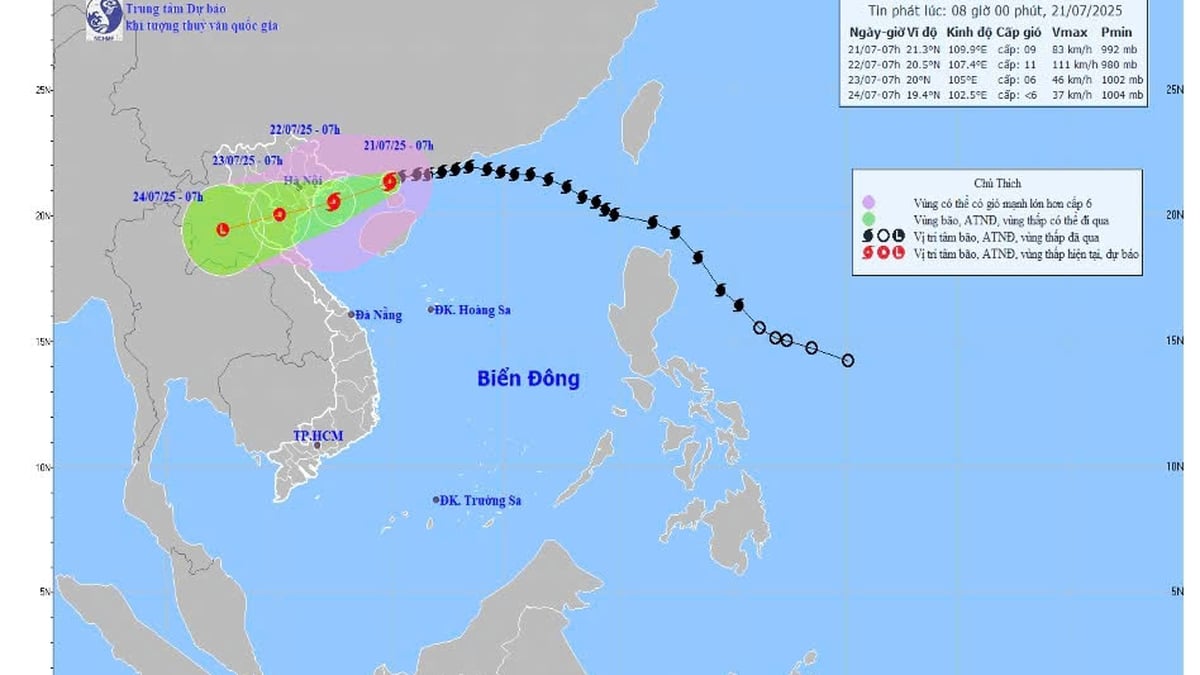
















![[Photo] National Assembly Chairman Tran Thanh Man visits Vietnamese Heroic Mother Ta Thi Tran](https://vphoto.vietnam.vn/thumb/1200x675/vietnam/resource/IMAGE/2025/7/20/765c0bd057dd44ad83ab89fe0255b783)










































































Comment (0)